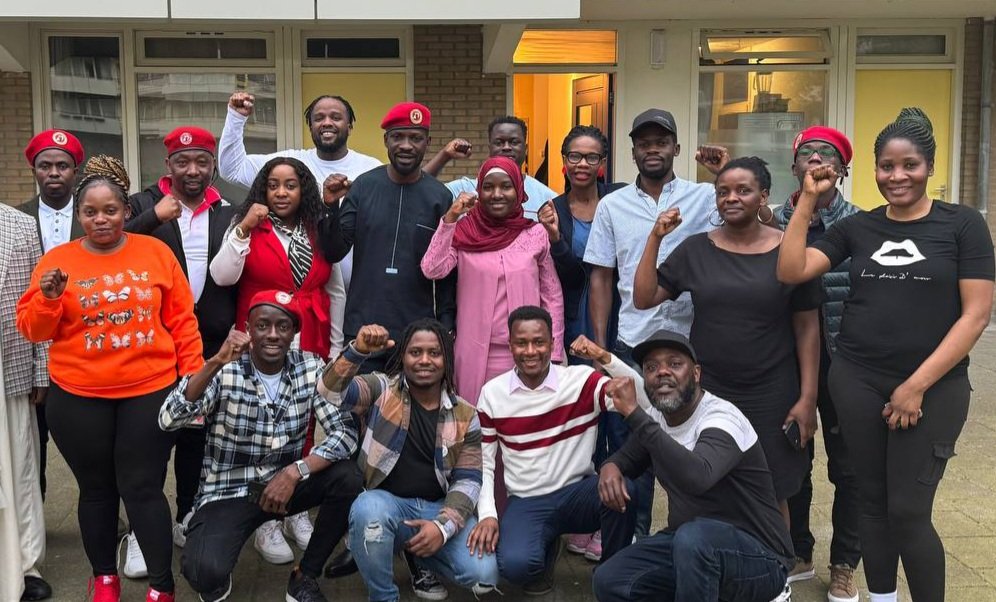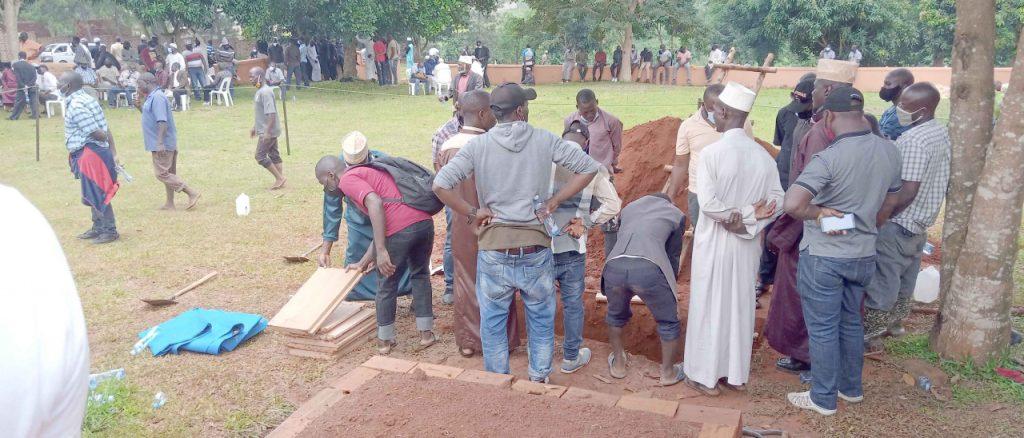Bobi Wine recently visited the Netherlands, where he engaged in various activities aimed at advancing the cause of freedom in Uganda. On April 7th, he had a productive meeting with members of the National Unity Platform’s Chapter in the Netherlands. They discussed important matters concerning the struggle for freedom in their home country.
Later, Bobi Wine joined the wider community of Ugandan Muslims residing in the Netherlands to break the fast during Ramadan. This gesture of solidarity and inclusion highlights the importance of unity and communal support, even beyond Uganda’s borders.
Meanwhile, back in Uganda, the Parliamentary front led by Bobi Wine launched its alternative budget priorities for the upcoming financial year. These priorities reflect the party’s vision for a “New Uganda” – a nation where resources are utilized for the common good, promoting the dignity and basic freedoms of all citizens.
During the launch, Bobi Wine expressed gratitude to the Leader of the Parliamentary front, Rt. Hon. Joel Ssenyonyi, and his team for their efforts in advocating for ordinary Ugandans. He emphasized the importance of prioritizing the interests of the people in public policy, rather than succumbing to personal greed.
However, Bobi Wine underscored a critical point: for their alternative priorities to be realized, there must be a concerted effort to remove President Museveni from power through lawful means. He urged his supporters to channel their energy, passion, and determination towards this goal. According to Bobi Wine, dismantling the walls of oppression erected by Museveni is essential to ushering in a new era of genuine service to the Ugandan people.
Bobi Wine condemned the actions of authorities following the arrest of eight members of a Ugandan music band. According to local media reports, these individuals were detained after expressing dissatisfaction with the length of President Museveni’s speech over the weekend.
In response to these arrests, Bobi Wine expressed deep concern, highlighting the implications for those who dare to voice criticism against President Museveni’s prolonged tenure in power. He emphasized the seriousness of the situation, suggesting that such actions against individuals merely expressing dissatisfaction with the president’s leadership could lead to further oppression and abuse of power.




















